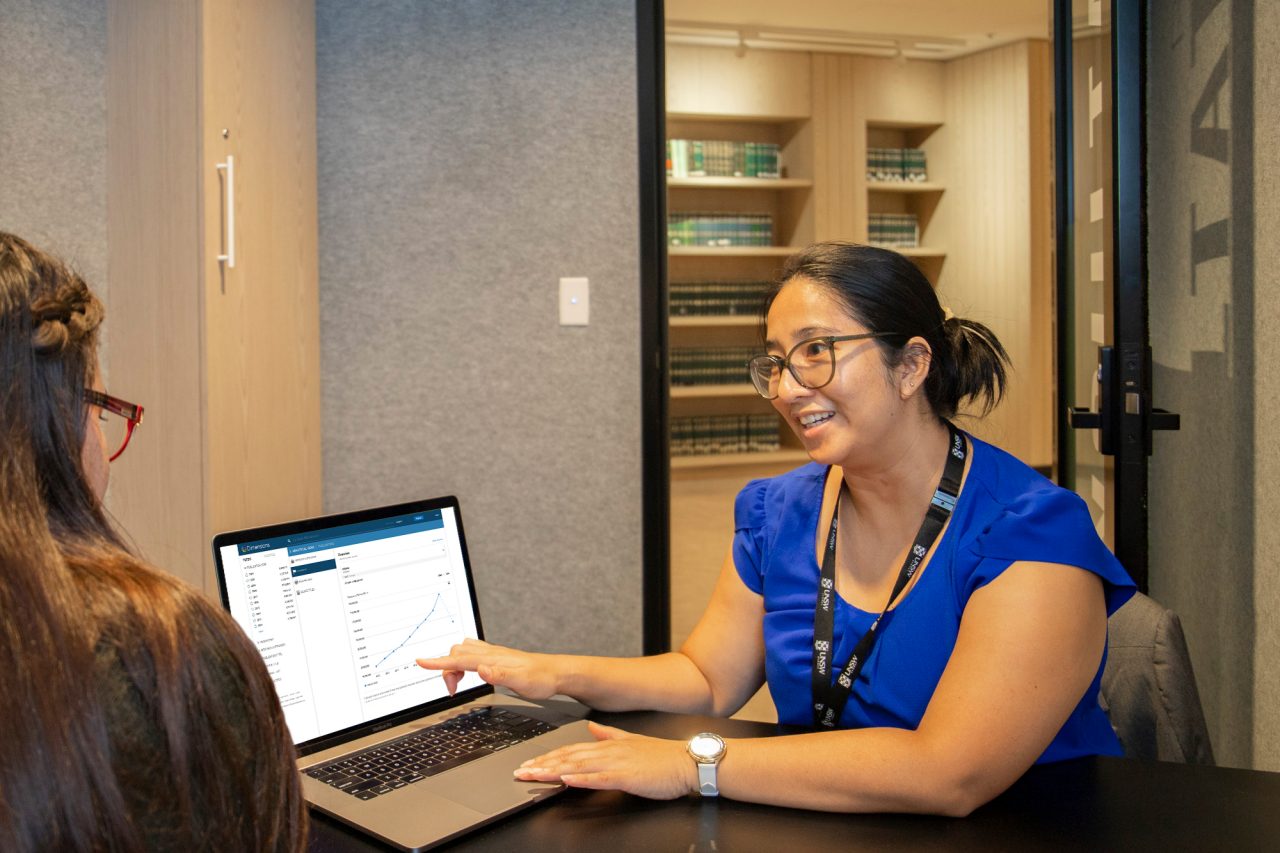What is fair dealing?
Within the Copyright Act, “dealing” means using copyright material in any way that is usually reserved for the copyright owner. Using copyright material for any of the following purposes may be considered fair dealing:
- research or study
- criticism or review
- parody or satire
- reporting news
- enabling a person with a disability to access the material
- professional advice by a lawyer, patent attorney or trade marks attorney
To decide if using material for any of the above purposes is fair, you should consider the following factors:
- the purpose and character of the dealing
- the nature of the work or adaptation
- the possibility of obtaining the work or adaptation within a reasonable time at an ordinary commercial price
- the effect of the dealing upon the potential market for, or value of, the work or adaptation
- in the case where part only of the work or adaptation is reproduced, the amount and substantiality of the part copied taken in relation to the whole work or adaptation
If, in your estimation, your use of copyright materials is covered by a fair dealing exception and is fair in that context, then it is not a copyright infringement and you do not need permission from the copyright owner.
Research or study
Under the fair dealing provision, reasonable portions of copyright material can be copied for the purpose of research or study. A reasonable portion of literary, dramatic or musical works is generally considered to be:
- 10% of the pages or one chapter from a print book (whichever is greater)
- 10% of the words, or one chapter if the work is divided into chapters, from works published in electronic form
- one article per journal, or more than one if the articles relate to the same subject
When planning to copy artistic or audio-visual material, or more than a reasonable portion of text, the following factors need to be considered to determine if the dealing is fair:
- the purpose and character of the dealing
- the nature of the work or adaptation
- the possibility of obtaining the work or adaptation within a reasonable time at an ordinary commercial price
- the effect of the dealing upon the potential market for, or value of, the work or adaptation
- in the case where part only of the work or adaptation is reproduced, the amount and substantiality of the part copied taken in relation to the whole work or adaptation
To rely on the fair dealing exception for research or study, the material must be copied for your own study or research, the use must be fair, and the original material must be attributed.
The provision does not include teaching staff making copies on behalf of students, or students making multiple copies of material for distribution.
While the provision does allow students to include copyright material in assessments that will be submitted at UNSW, it does not allow for the inclusion of copyright material in material that will be published. For more information, see Quoting materials in research.
Criticism or review
Under the fair dealing provision, copyright material can be used for the purpose of criticism or review.
To rely on the fair dealing provision for criticism or review, you material must make a genuine judgment of the original material or the ideas it includes and/or a comparison of other materials. Criticism and review do not need to be balanced and it can be humorous. In addition, the use must be fair, and the original material must be attributed. The provision does not allow for use of copyright materials to explain or provide evidence for your own ideas or concept.
For the purpose of criticism or review, only copy as much as is needed. This provision also allows the inclusion of copyright material in material that will be published.
Enabling a person with a disability to access copyright material
Under the fair dealing provision, a person with a disability or a person acting on their behalf, can copy copyright materials in the specific accessible format required if the use is considered fair.
A person with a disability is anyone who suffers from a disability that causes them difficulty in reading, viewing, hearing or comprehending copyright material in a particular form. This includes persons with temporary disabilities.
To determine if the intended use is fair, the person making the copy should consider:
- the purpose and character of the dealing
- the nature of the copyright material
- the effect of the dealing upon the potential market for, or value of, the material
- in the case where part only of the material is copied, the amount and substantiality of the part copied taken in relation to the whole material
Find out more about Disability access.
Other purposes
In addition to the uses described above, copyright material can also be used under the fair dealing provision for:
- parody or satire if the use is considered fair and the material is attributed; the creator has the moral right to take legal action if the use is considered derogatory
- reporting the news in a newspaper, magazine or audio-visual medium if the use is considered fair and the material is attributed
- professional advice provided by a legal practitioner or a registered patent attorney or trade marks attorney
Need help?

UNSW staff and students can contact copyright@unsw.edu.au for assistance with a copyright query or to arrange a copyright information session.
